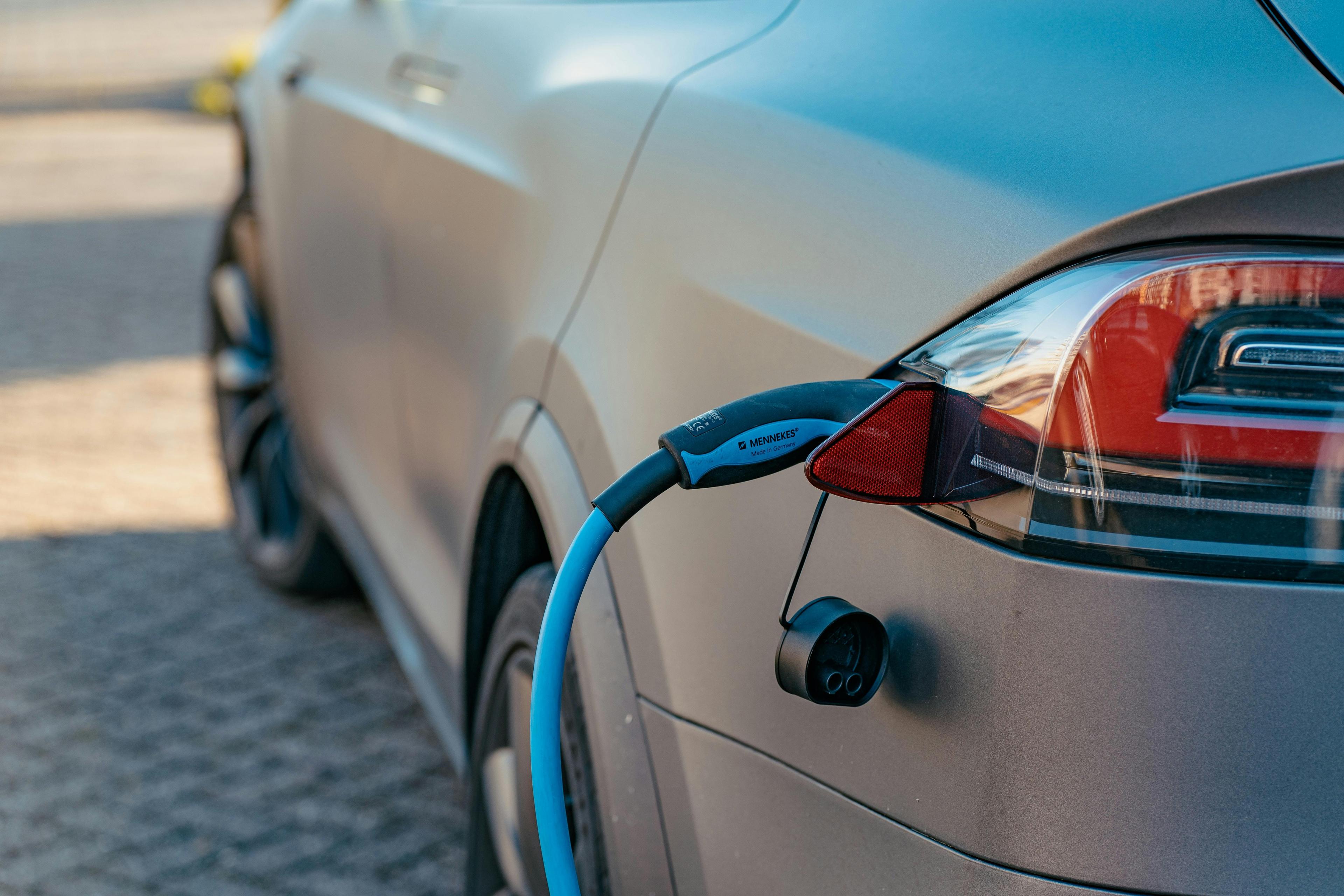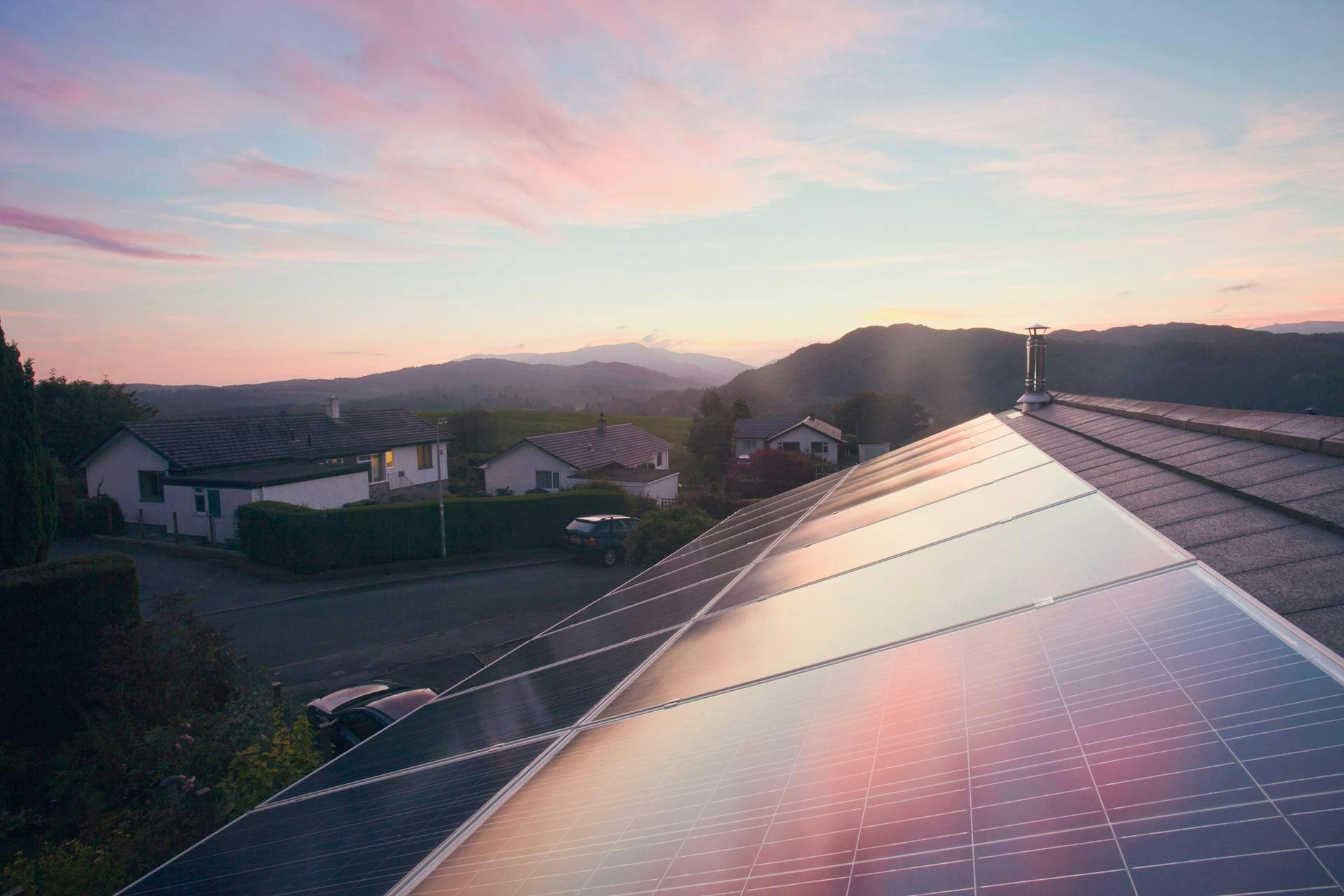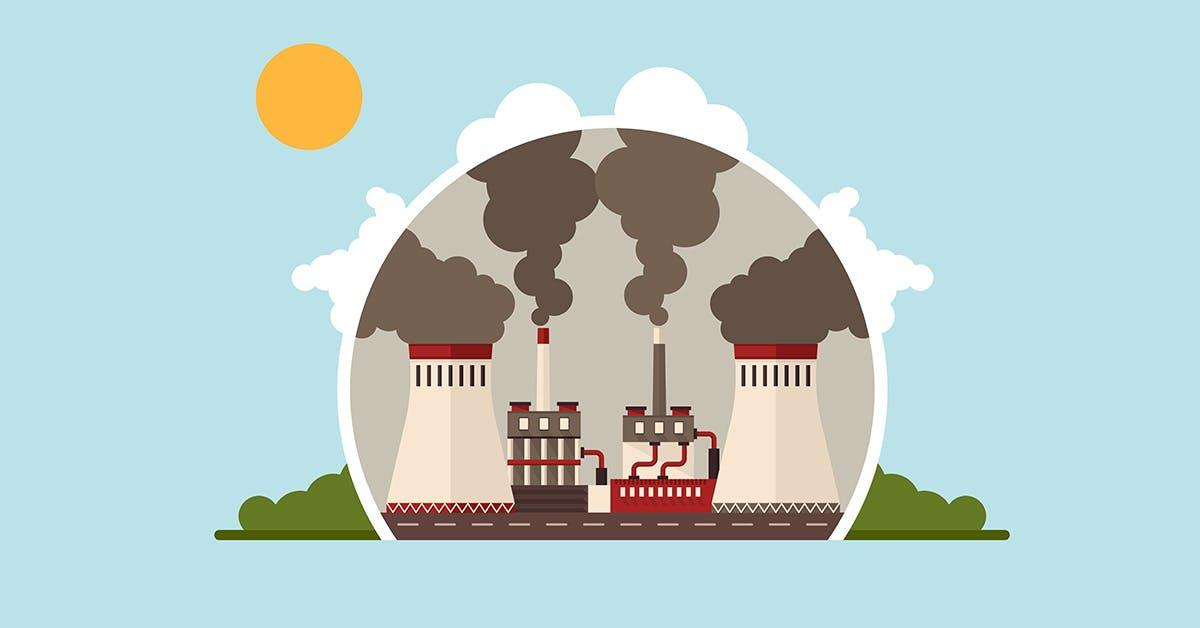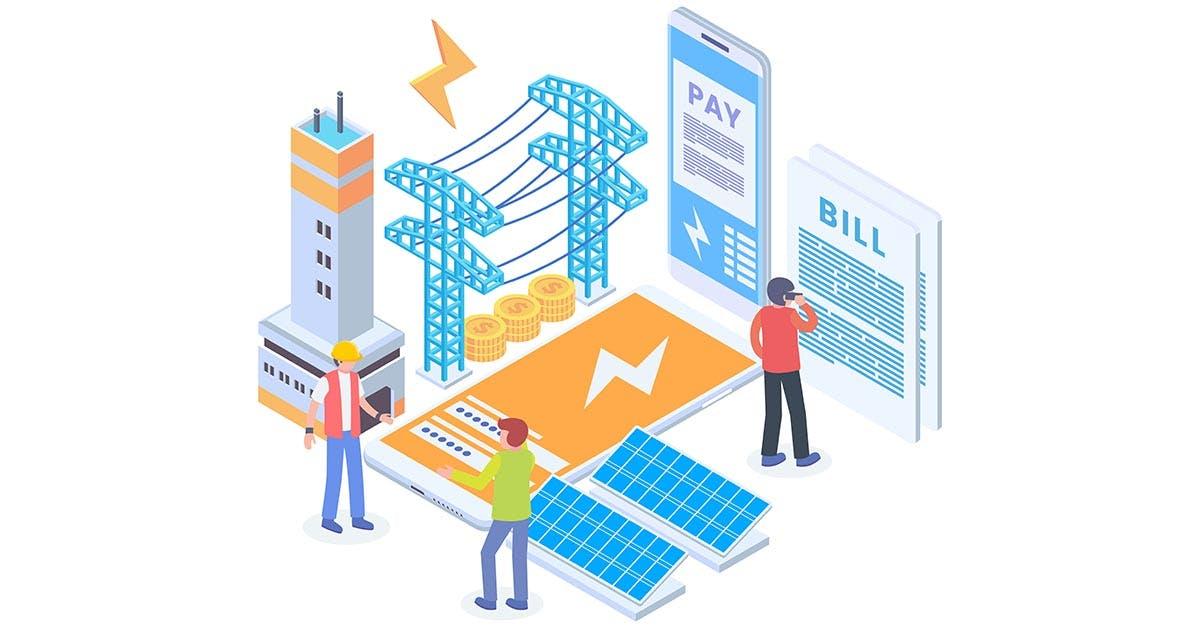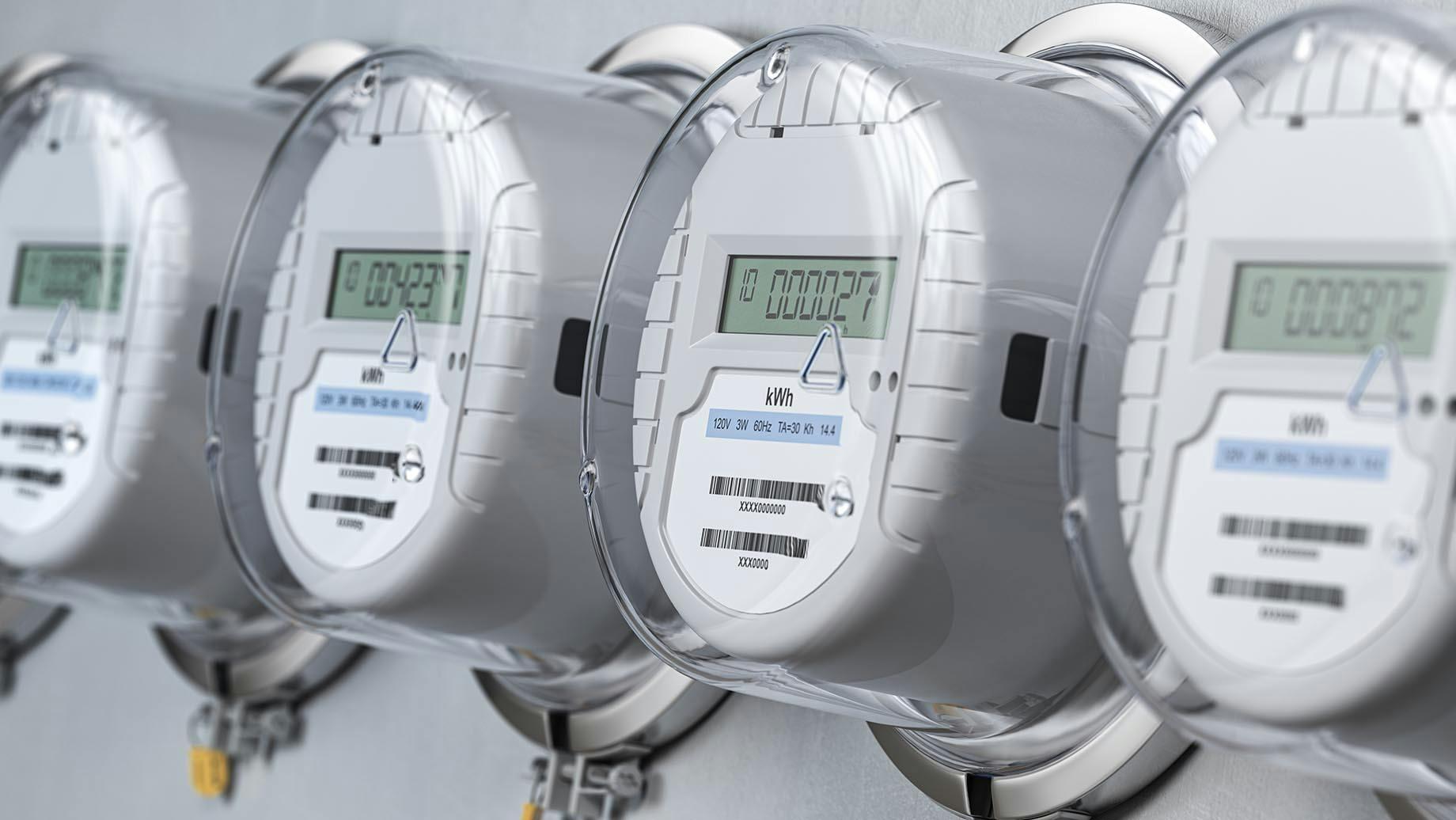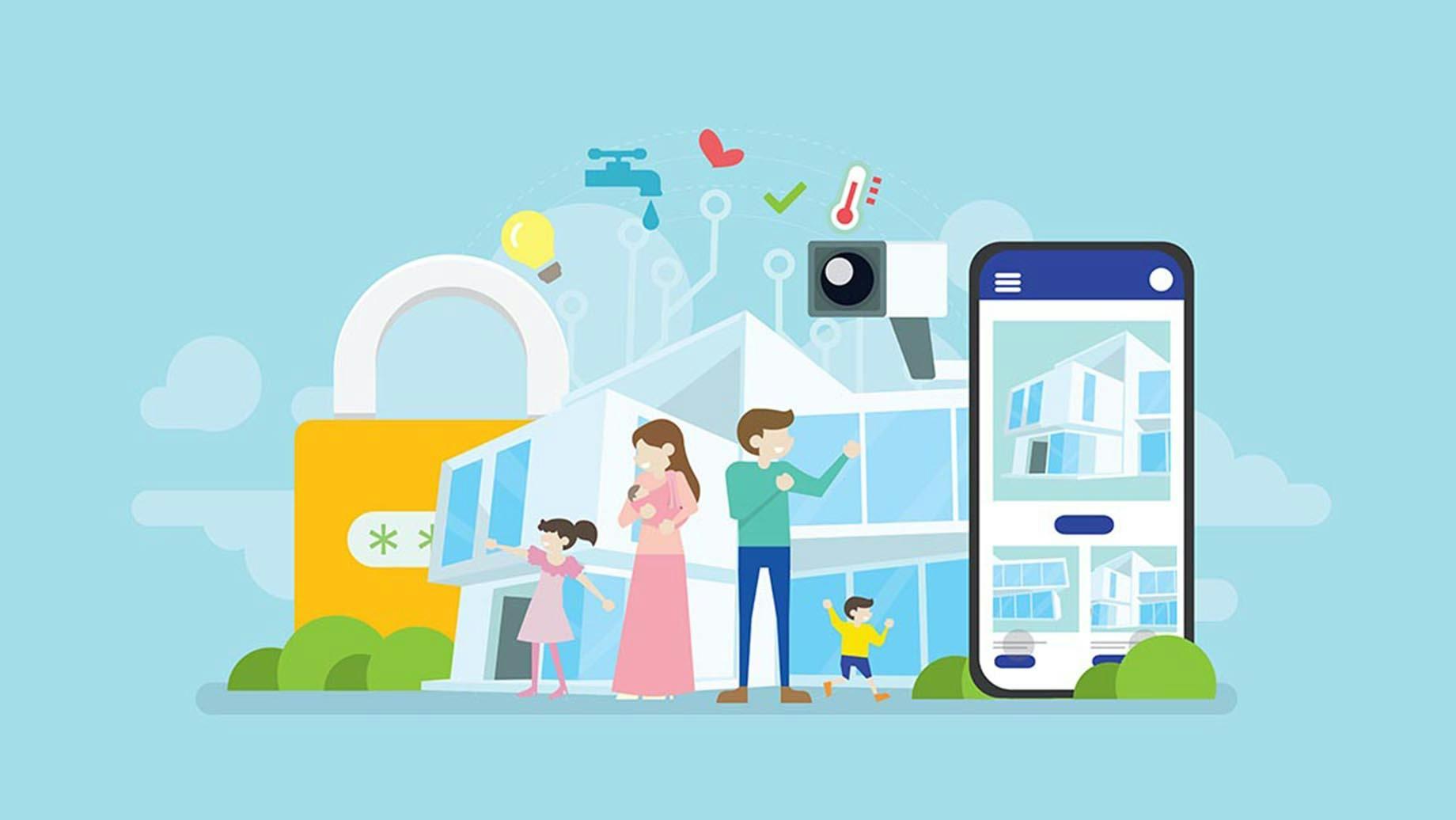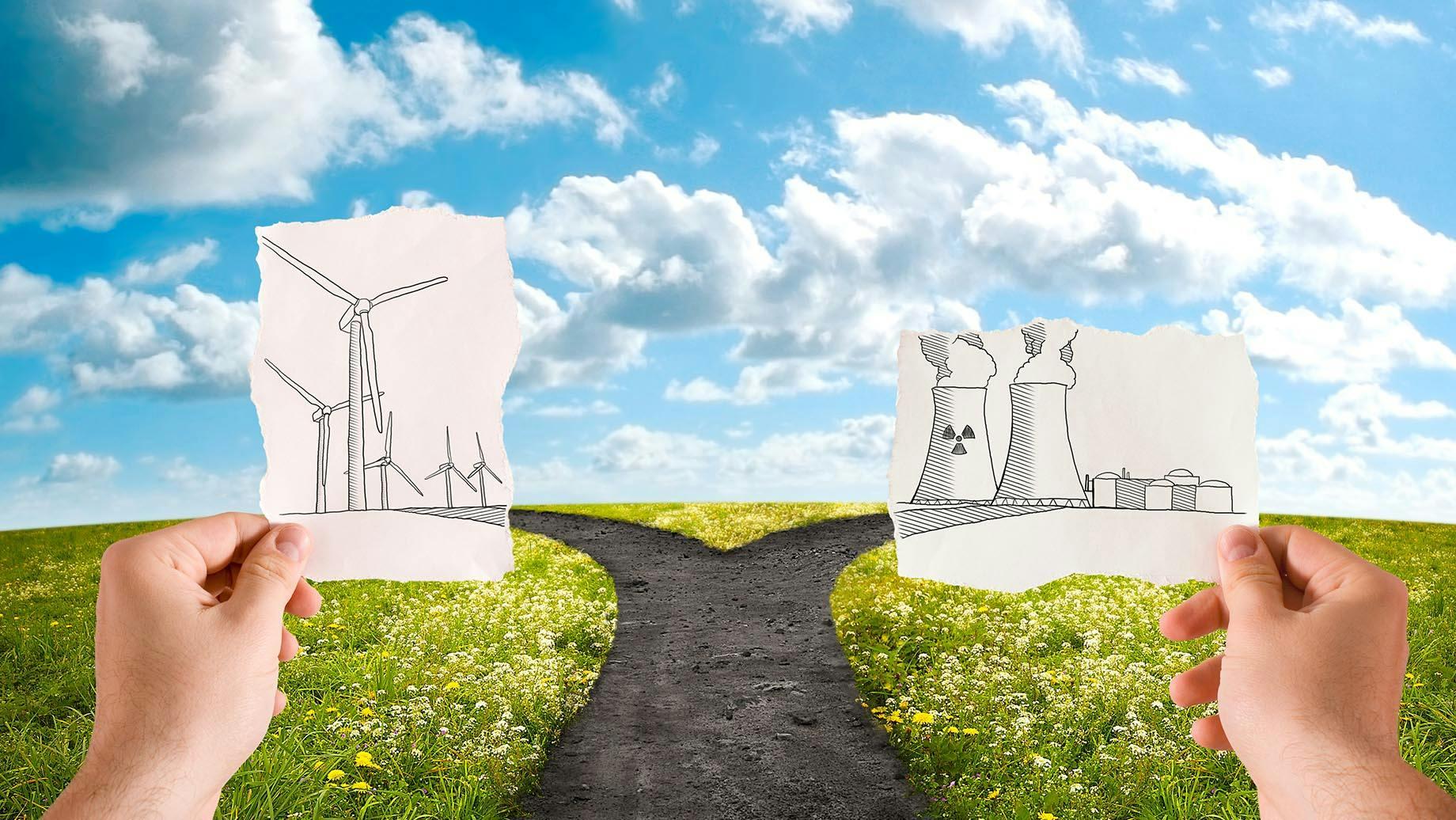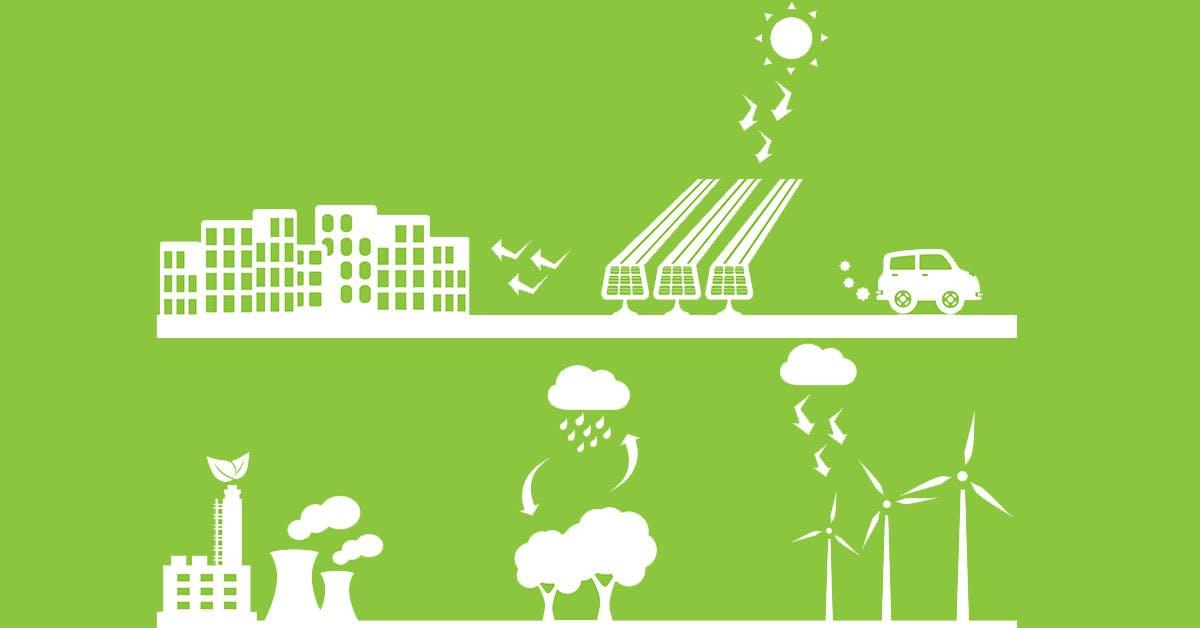
What is Sustainability and Why is it Important?
Inspire Clean Energy
8 min read
category: Sustainable Living
Don't worry about climate change— do something about it.
Our clean energy plans are the easiest way to reduce your home's carbon footprint.
Switch to clean energyThese days, we’re more aware of the planet and the precariousness of its health than ever before. Our focus has shifted away from fast fashion and quick food options in favor of a more environmentally responsible way of living. This article will explore the meaning of sustainability, how to achieve it, and its importance for future generations.
What is a simple definition of sustainability?
Sustainability involves fulfilling our human needs without compromising future generations’ ability to do the same.
Along with natural resources, sustainability requires social and economic resources. Sustainability is not just environmentalism — it factors in economic development and social equity. Its primary goals include:
- Providing healthier environments for creatures that inhabit Earth’s landmasses
- Providing healthier environments for creatures that live in our waterways and oceans
- Ensuring better quality of air
- Tackling climate change
- Reducing poverty and world hunger
- Bettering education standards and economic growth
What are the four types of sustainability?
The four pillars of sustainability include:
Environmental protection
For many people, this is the most important and urgent pillar of sustainability. Our heavy reliance on fossil fuels and our habit of consuming fast fashion and fast food results in millions of tons of landfill waste, harmful gases, and polluted waterways. Sustainability for the sake of environmental protection means doing things like walking short distances rather than driving, reducing one’s intake of single-use plastics, eating less meat, and investing in better-quality clothing to reduce material waste.
Economic development
The inclusion of this pillar encourages corporations to develop sustainability plans. The economic pillar offers a more plausible alternative to sudden and extreme measures that corporations are often pressured into adopting. Abandoning fossil fuels immediately isn’t an option, and the pillar of economic growth provides a counterbalance for this issue.
Social equity
This is perhaps the most multifaceted sustainability pillar, and it focuses on a wider view of the world. It encompasses global physical health and how it can be impacted by businesses’ reliance on harmful fossil fuels. The social equity pillar also involves education; where people are educated about their daily choices, they’re more likely to live sustainably. Social cohesion, better health, and education all create a better chance of people working cooperatively toward a healthier planet. In this case, social equity focuses on globalization rather than individualism.
Human sustainability
This pillar ties in with the previous point in many ways. This pillar aims to improve human capital in society through access to nutrition education, knowledge and skills, and investments in health and education systems.
What are the 3 principles of sustainability?
There are 3 pillars of sustainability:
Economic development: This pillar encompasses businesses, corporations, organizations, jobs, and employment, making it the most problematic pillar for many. It asks governments to provide incentives to encourage businesses to develop more sustainable practices. It’s about maintaining our quality of life without sacrificing the health of the planet.
Social development: This pillar is about making people more aware of what environmental harm does not just to the environment but to people and communities locally and throughout the world. It encourages better building practices, protecting public health, and educating people on why we should live more sustainable lives.
Environmental protection: This pillar is exactly what it sounds like: it’s about educating people and encouraging private organizations to make better decisions that don’t negatively impact the environment's health. It also encourages the development of renewable sources, better technology, and a greener future.
What are some examples of sustainability?
Some examples of sustainable practices in the US today include:
Renewable energy: Wind, solar, and geothermal energy are becoming increasingly common across the country, and now individuals and corporations are choosing renewable energy. Renewable energy sources are sustainable, environmentally friendly, better for public health, and usually offer more stable prices. Renewables provide an inexhaustible energy supply, unlike fossil fuels that are not only damaging but finite. (To find out how we can help you switch to renewable energy, click here.)
Green spaces: Green spaces help to regulate and improve air quality, particularly in urban areas. When done properly, landscaping can reduce nitrate leaching from the soil into the water, keeping pollutants out of city water supplies. An abundance of plants keeps soil in place, ensuring that sediment doesn’t enter roads, drains, lakes, and streams.
Water treatment: Because water is a natural resource, we often take it for granted. But water treatment takes hazardous oily water, water-based acids, and other water-based industrial wastes and converts them into clean water. This treated water can then serve our industrial and residential water needs. By processing this type of waste in our operations, we can keep this waste out of landfills, eliminating our need to purchase clean water.
Crop rotation: This is the practice of planting several different crop types on the same plot of land over successive seasons. Farmers do this because when the same plant is grown on the same land for several years, the soil loses certain nutrients. Crop rotation reduces the risk of nitrate, improves soil structure, and reduces greenhouse gas emissions, soil erosion, and water pollution.
These are just some examples of sustainable corporate practices, but there are also plenty of ways to live more sustainably as individuals. By being more aware of our intake of plastic, red meat, water, and gas, we can move toward a more environmentally responsible lifestyle.
What are the benefits of sustainability?
Sustainability provides countless benefits to businesses and individuals. As individuals, there are always changes we can make to live more sustainably while saving money. Things like repurposing, recycling, and reusing items at home can provide easy, sensible, and environmentally responsible options.
Sustainability goes beyond what we do with the items we already own. Purchasing sensibly often means only buying what we need, and when we do, investing in higher-quality, longer-lasting products.
Sustainability also increases public health, saving money on healthcare each year. It focuses on providing for future generations rather than thinking solely about the fast-paced lives of people today.
How does sustainability help the environment?
Sustainability doesn’t just help the environment: it’s vital to the future of the planet. Sustainability from individuals, communities, and corporations allows us to slow down the damage we do to the environment.
Sustainability results in a reduction in energy use across the board. Wind power and solar energy don’t require as much transport as fossil fuels, and both options leave the surrounding areas relatively untouched.
Living and running businesses sustainably mean less waste, less pollution, and an overall reduction in operating costs.
What will happen if we don’t live sustainably?
We cannot maintain our quality of life or Earth’s ecosystems unless we acknowledge and reduce the damage we do to the planet each day. If we don’t learn to live sustainably, some of the effects will be:
- More landfills popping up everywhere.
- More animals going extinct due to deforestation and pollution.
- An increase in respiratory diseases.
- Harsher weather (drier and hotter summers, colder and harsher winters, more tropical storms).
- Rising sea levels.
- Worsening living conditions for lower-income communities, as there is more trash, worse air, and so on.
- Declining soil quality, and likely the reduced nutritional quality of our food.
- Fewer green spaces to enjoy in cities and across the world.
By living sustainably, we minimize the negative impact our lifestyles have on the planet and emphasize the behaviors that benefit the environment. Sustainability offers us a chance to take some control over our lifestyles and make healthier choices for our planet and future generations. It provides us an opportunity to accelerate our global transition to a net-zero carbon future and move toward cleaner energy sources.
Building a sustainable future
While much environmental damage has already been done, change is still possible. The root of that positive change lies in understanding what we must do from now on and striving for sustainability. We can make these changes in our homes, communities, ecosystems, and globally. It’s the responsibility of each generation to responsibly use natural resources, ensuring that the planet is left as untouched and undamaged as possible, and what is changed is done in harmony with the environment.
Thankfully, there are several ways we can live sustainably without making dramatic and uncomfortable life changes. One easy, cost-effective and healthy way we can change our sustainability level is by switching to renewable energy companies. Installing solar panels or building a community wind turbine is not always possible, but switching to a renewable energy company is an easy and effective way to live more sustainably.
At Inspire Clean Energy, we’re on a mission to decarbonize our power structures. We know how precarious the current climate situation is and how important it is to act now. We at Inspire are committed to empowering our customers to make decisions that will positively impact future generations. If you want to join our cause and switch to renewable energy, click here to find out more about your environmental impact.
Don't worry about climate change— do something about it.
Our clean energy plans are the easiest way to reduce your home's carbon footprint.
Switch to clean energy
Inspire Clean Energy
We're on a mission to transform the way people access clean energy and accelerate a net-zero carbon future.
Learn more about Inspire →Explore more
Recent Posts
Top Articles



